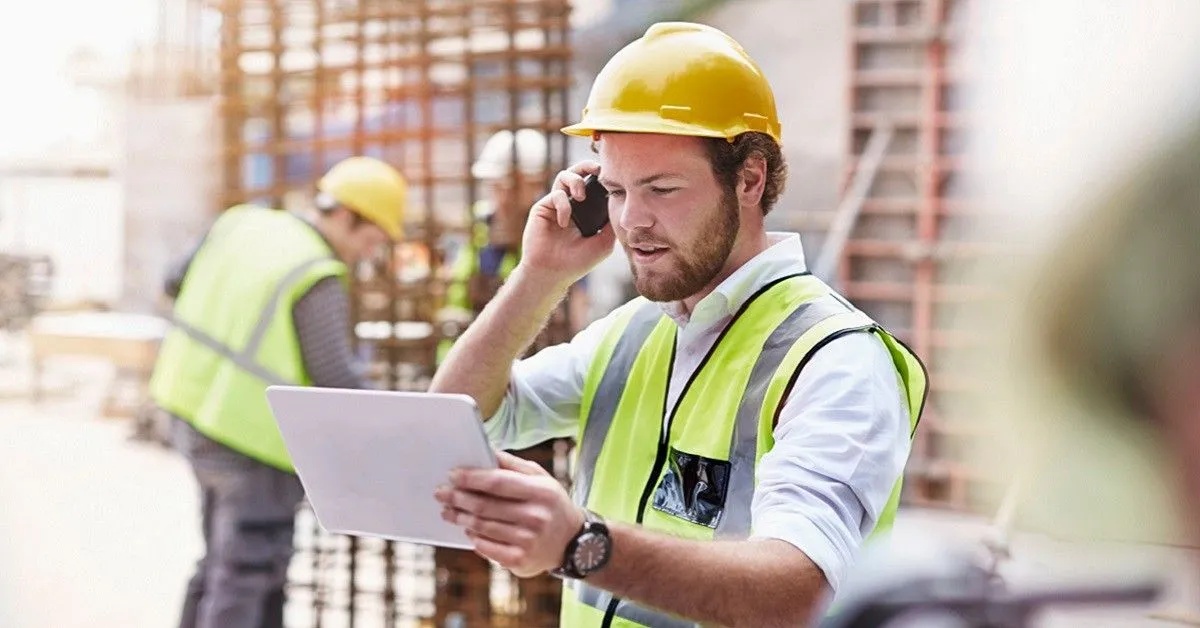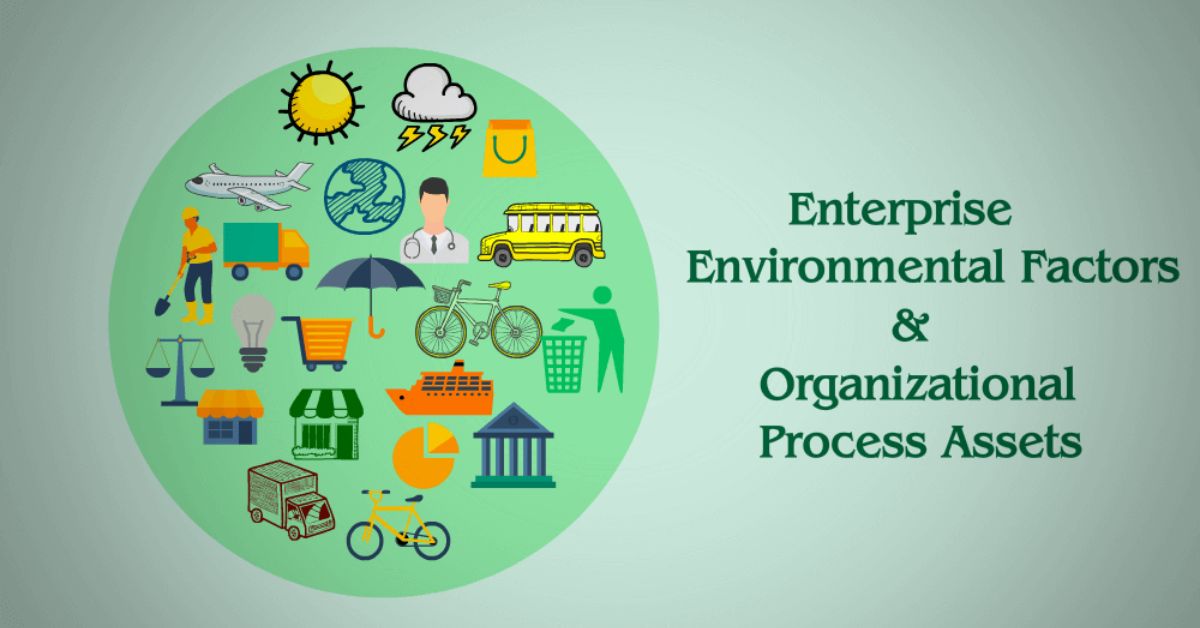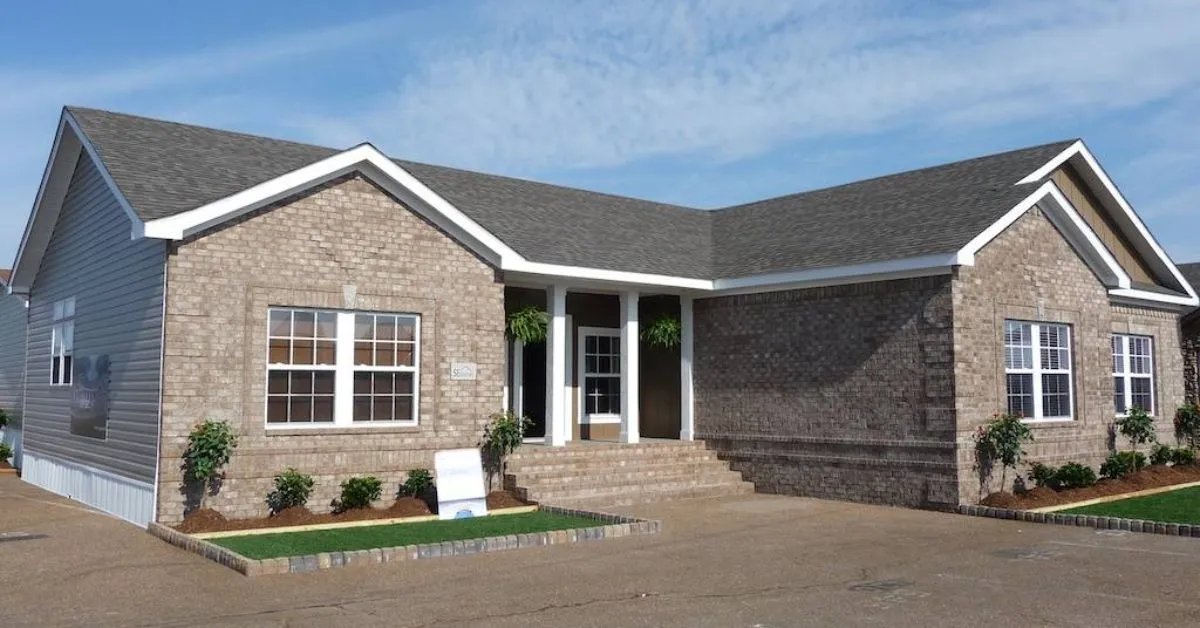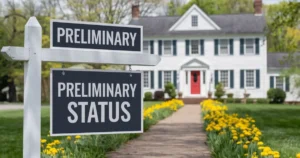Investing in commercial real estate (CRE) with manufactured homes is a smart move. These homes are affordable and flexible, making them great for investors. Knowing how long they last is key to making good investment choices.
Manufactured homes can last between 30 to 55 years. Quality construction, regular maintenance, and proper installation are important. By picking the right location and staying on top of maintenance, investors can extend the life of these homes.
In CRE investing, understanding the lifespan of manufactured homes helps in planning and maximizing returns. This knowledge lets investors make smart decisions about buying, maintaining, and upgrading these properties. With proper care, manufactured homes can be valuable assets for many years.
What Are Manufactured Homes?
Manufactured homes are a type of housing built in factories and then transported to their final location. Unlike traditional homes, they are constructed in a controlled environment, which helps ensure quality and efficiency.
Manufactured homes are also known for their energy efficiency. They often come with modern insulation, energy-efficient windows, and advanced heating and cooling systems. These features help lower utility costs and make manufactured homes an eco-friendly housing option.
Key characteristics of manufactured homes include:
- Built in factories: Constructed indoors to avoid weather-related issues.
- Transportable: Moved to the site on wheels or trailers.
- Affordable: Usually cheaper than traditional homes.
- Regulated: Must meet HUD standards for safety and durability.
Factors Affecting the Lifespan of Manufactured Homes
There are following factors describes here; which are affecting the lifespan of manufactured homes.
Quality of Construction
The quality of construction in manufactured homes is crucial for their longevity. These homes are built in controlled environments, ensuring consistency and precision. Building indoors prevents weather-related delays and damage, resulting in a more efficient construction process. High-quality materials are chosen to enhance the home’s durability and performance.

Manufactured homes must comply with HUD codes, which set high standards for safety and quality. Advanced construction techniques are used to ensure strength and reliability. These homes are designed to be both strong and energy-efficient, providing long-term value for homeowners and investors alike.
Maintenance and Upkeep
Regular maintenance and upkeep keep machines and equipment running smoothly. Inspecting and cleaning them frequently prevents breakdowns. Timely repairs save money and extend the lifespan of your assets.
Daily checks and servicing ensure safety and efficiency. Updating records helps track performance and identify issues early. A well-maintained facility boosts productivity and reduces unexpected downtime.
Location and Environmental Factors
Location greatly affects how people live. Cities near the coast often enjoy mild weather and easy access to seafood. In contrast, those in mountainous regions experience cooler temperatures and have to navigate rugged terrain.
Environmental factors also play a key role. Clean air and water improve health and quality of life. However, areas with pollution and poor waste management face numerous health issues. People need to be aware of their surroundings and take steps to protect their environment.
Foundation and Installation
Foundation:
A strong foundation is crucial for any building. It supports the entire structure and ensures stability. Builders lay the foundation carefully to prevent future issues.
- Provides stability and support
- Prevents settling and cracks
- Increases the lifespan of the building
Installation:
Installation involves setting up various systems and components in a building. Experts install electrical wiring, plumbing, and HVAC systems. Proper installation ensures everything functions smoothly and safely.
- Ensures safe operation of systems
- Increases efficiency and performance
- Reduces maintenance and repair costs
Average Lifespan of Manufactured Homes
Manufactured homes typically last 30 to 55 years. Regular maintenance extends their lifespan. Quality materials and construction methods also play a crucial role.
- Lasts 30 to 55 years
- Maintenance extends lifespan
- Quality materials are important
Factors Affecting Lifespan:

Several factors impact the lifespan of manufactured homes. Climate conditions, foundation type, and usage patterns are key. Proper care and timely repairs keep the home in good condition.
- Climate affects durability
- Foundation type matters
- Regular care and repairs are essential
Extending the Lifespan of Manufactured Homes
Regular Maintenance Tips
Regular maintenance keeps your home in good shape. Inspect and clean various parts of your home routinely. Follow these simple tips to ensure longevity:
- Inspect the Roof: Check for leaks, damaged shingles, and clean gutters.
- Clean HVAC Systems: Replace filters regularly and schedule annual professional inspections.
- Check Plumbing: Look for leaks, inspect pipes, and maintain water heaters.
- Maintain Exterior: Paint and seal the exterior to protect against weather damage.
- Service Appliances: Clean and service appliances to ensure they function efficiently.
- Test Safety Devices: Regularly test smoke detectors and carbon monoxide alarms.
Following these tips will help prevent costly repairs and extend the life of your home.
Upgrades and Renovations
Upgrades and renovations boost a home’s value and functionality. Modernizing kitchens, bathrooms, and living spaces can attract buyers and enhance comfort. Energy-efficient upgrades also reduce utility costs.
- Increases home value
- Modernizes living spaces
- Reduces utility costs
Key Renovations:
Focus on key areas for the best impact. Kitchen remodels, bathroom updates, and adding smart home features are popular choices. Quality materials and professional workmanship ensure lasting results.
- Kitchen and bathroom remodels
- Smart home features
- Quality materials and workmanship
Choosing the Right Location
Choosing the right location is crucial for your home’s value and lifestyle. Consider proximity to work, schools, and amenities. Safe neighbourhoods with good schools are highly desirable.
- Proximity to work and schools
- Access to amenities
- Safe neighbourhood’s
Factors to Consider:
Look at the community’s growth potential and property values. Research local crime rates and future development plans. A good location enhances your quality of life and investment.
- Community growth potential
- Property values
- Local crime rates and development plans
Financial Considerations for Investors
Evaluate potential returns and risks before investing. Ensure financial stability and set a clear budget.
Initial Investment vs. Longevity
| Aspect | Initial Investment | Longevity |
| Cost | Higher upfront costs | Lower maintenance costs over time |
| Quality | Often higher quality materials and construction | Ensures durability and extended lifespan |
| Savings | May offer immediate savings on cheaper options | Greater savings in the long run due to fewer repairs |
| Risk | Potential for higher financial outlay initially | Reduced risk of frequent repairs and replacements |
| Value | Immediate tangible asset | Sustained or increased property value over time |
| Decision Factor | Budget constraints and immediate needs | Long-term financial planning and stability |
Insurance and Warranty Options

Insurance protects your home from unexpected events. Choose comprehensive coverage for risks like fire, theft, and natural disasters. Regularly review and update your policy to stay adequately covered.
- Protects against unexpected events
- Covers fire, theft, and natural disasters
- Regularly review and update policy
Warranty Options:
Warranties offer additional protection for home systems and appliances. They cover repair and replacement costs for a set period. Choose a warranty that suits your home’s needs and budget.
- Covers repair and replacement costs
- Protects home systems and appliances
- Select based on needs and budget
Types of insurance policies
There are several types of insurance policies to consider for comprehensive protection. Each policy covers specific risks and provides different levels of coverage.
Homeowners Insurance: Covers property damage, personal belongings, and liability.
Flood Insurance: Protects against water damage from flooding events.
Earthquake Insurance: Provides coverage for damage caused by earthquakes.
Renters Insurance: Covers personal property and liability for renters.
Landlord Insurance: Protects rental properties and provides liability coverage.
Related Content: What Happens To Tenants When A Property Is Condemned?Lets Find Out!
Warranty coverage and benefits
Warranties provide essential coverage for your home’s systems and appliances. They help manage repair costs and ensure functionality.
- Covers major systems like HVAC, plumbing, and electrical
- Includes appliances such as refrigerators, ovens, and washers
- Offers repair or replacement services for covered items
Warranty Benefits:
Warranties offer peace of mind and financial protection. They help maintain your home’s value and reduce unexpected expenses.
- Reduces out-of-pocket repair costs
- Ensures timely and professional repairs
- Enhances home value and marketability
What is the best manufactured home brand?
Choosing the best manufactured home brand depends on various factors, including quality, price range, and customer trust.
- Skyline Homes
- Genesis Homes
- Legacy Housing
- Cavco Homes
- Champion Homes
- Clayton Homes
- Palm Harbor Homes
- Fleetwood Homes
Frequently Asked Questions
How long do manufactured homes typically last?
Manufactured homes typically last between 30 to 55 years with proper maintenance and quality construction.
What are the key factors affecting the lifespan of manufactured homes?
Quality of construction, regular maintenance, proper installation, and location are key factors affecting the lifespan of manufactured homes.
What types of insurance policies should I consider for a manufactured home?
Consider homeowners insurance, flood insurance, earthquake insurance, renters insurance, and landlord insurance for comprehensive protection.
What are some benefits of having a warranty on a manufactured home?
Warranties cover repair and replacement costs for major systems and appliances. Reduce out-of-pocket expenses, and ensure timely professional repairs.
Which are some of the best manufactured home brands?
Some of the best manufactured home brands include Skyline Homes, Genesis Homes, Legacy Housing, Cavco Homes, and Champion Homes.
Conclusion
Investing in manufactured homes can be a smart move. These homes are affordable, flexible, and can last between 30 to 55 years with proper maintenance. Understanding their lifespan, ensuring regular upkeep, and choosing the right location enhances their value and longevity.
Top brands like Skyline Homes, Genesis Homes, and Clayton Homes offer quality options. By selecting comprehensive insurance and warranty coverage, investors can protect their assets and maximize returns. With careful planning, manufactured homes can be a valuable addition to any real estate portfolio.

I am Raza Joun Admin of businessbrighten, Having Five Years Experience to drive a website with best and accurate information for a reader.
This site Covers mostly Things About Real Estate Business.











